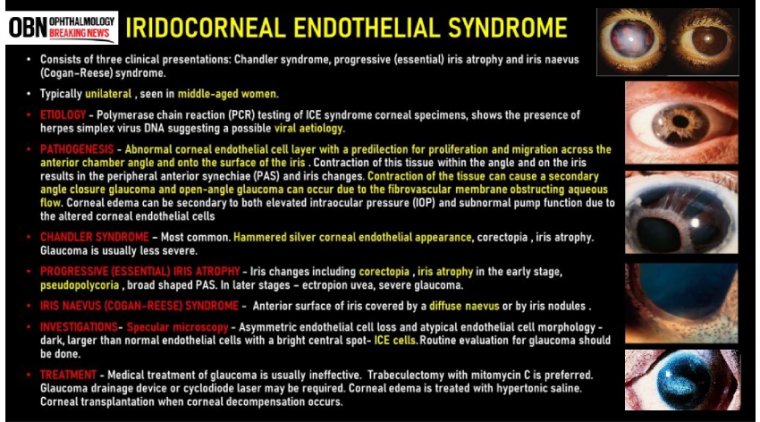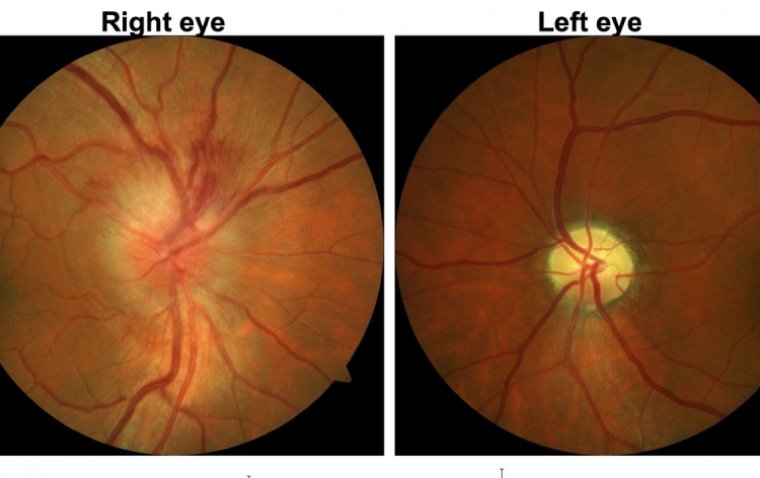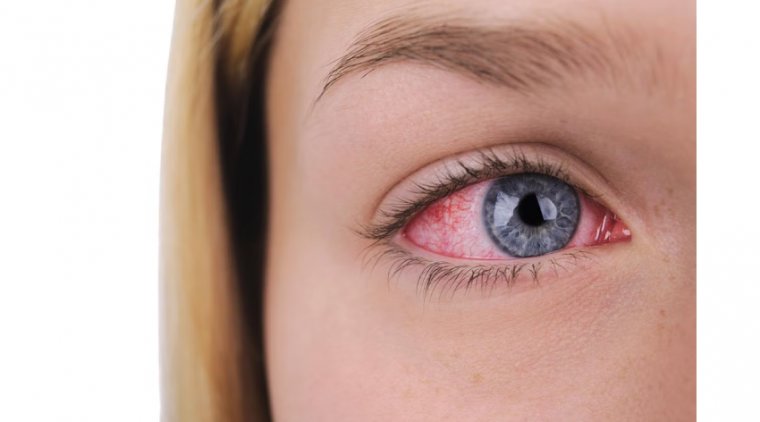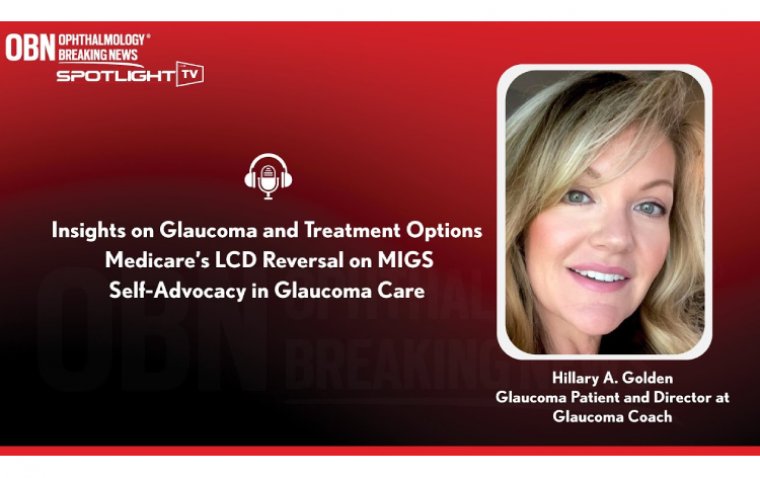
How Antioxidants Stand Guard for Healthy Eyes
| Table of Content |
| Understanding Free Radicals and Oxidative Stress |
| Antioxidants and Their Protective Effects |
| Supplements for Eye Health |
| Other Considerations for Eye Health |
| To Sum Up… |
Our eyes are intricate organs that are exposed to various environmental factors and oxidative stress throughout our lives. The presence of highly reactive molecules called free radicals can damage the cells and tissues in our eyes, leading to vision problems and eye diseases. Antioxidants play a crucial role in maintaining eye health by neutralizing these harmful free radicals.
Understanding Free Radicals and Oxidative Stress
Free radicals are unstable molecules that can damage cells and contribute to the aging process. Oxidative stress occurs when the balance between free radicals and antioxidants is disrupted, leading to cellular damage. In the eyes, oxidative stress can accelerate the progression of age-related eye conditions such as cataracts, macular degeneration, and diabetic retinopathy.
Antioxidants and Their Protective Effects
Antioxidants are natural substances that counteract the damaging effects of free radicals by donating an electron, thereby stabilizing them. They can effectively reduce oxidative stress and protect the delicate structures of the eyes. Some key antioxidants that play a significant role in eye health include:
● Vitamin C: Found in citrus fruits, berries, and leafy green vegetables, vitamin C helps maintain the health of blood vessels in the eyes and reduces the risk of cataracts and macular degeneration.
● Vitamin E: Present in nuts, seeds, and vegetable oils, vitamin E protects cell membranes in the eyes from oxidative damage and supports overall eye health.
● Beta-carotene: This precursor to vitamin A is found in brightly colored fruits and vegetables like carrots, sweet potatoes, and spinach. Beta-carotene is converted to vitamin A in the body, which is essential for good vision, particularly in low-light conditions.
● Lutein and Zeaxanthin: These carotenoids are concentrated in the retina and act as natural filters of harmful blue light. They help protect against macular degeneration and are found in leafy green vegetables, corn, and egg yolks.
● Selenium and Zinc: These minerals, found in seafood, nuts, and legumes, are essential for the proper functioning of enzymes that protect the eyes from oxidative damage.
Dietary Sources of Antioxidants
A well-balanced diet rich in fruits, vegetables, whole grains, lean proteins, and healthy fats can provide an abundance of antioxidants necessary for optimal eye health. Incorporating foods such as oranges, berries, broccoli, spinach, kale, salmon, and almonds into your diet can help ensure an adequate intake of essential antioxidants.

Supplements for Eye Health
In some cases, it may be challenging to obtain sufficient antioxidants solely through diet. In such instances, supplements can be beneficial, especially for individuals at higher risk of eye conditions or those with specific dietary restrictions. However, it is essential to consult with an eye care professional or healthcare provider before starting any supplements to determine the appropriate dosage and ensure compatibility with other medications or conditions.
Other Considerations for Eye Health
While antioxidants play a significant role in maintaining eye health, it is important to adopt other healthy habits to protect your eyes. These include wearing sunglasses that provide UV protection, avoiding smoking, managing chronic conditions such as diabetes and hypertension, maintaining a healthy weight, and getting regular comprehensive eye exams to detect any potential eye issues early.
To Sum Up…
Antioxidants are vital for maintaining optimal eye health by combating oxidative stress and safeguarding against age-related eye conditions. A well-balanced diet that includes a variety of antioxidant-rich foods, along with adopting other healthy lifestyle practices, can help preserve clear vision and prevent the onset of eye diseases.
By incorporating fruits, vegetables, and nutrient-dense foods into your daily meals, you can enhance your intake of essential antioxidants and promote long-term eye health. Additionally, regular eye exams, wearing protective eyewear, and managing chronic conditions contribute to a comprehensive approach to maintaining healthy vision. Remember, prioritizing antioxidants and overall eye care is a proactive step towards preserving your precious gift of sight.
(1).jpg)










